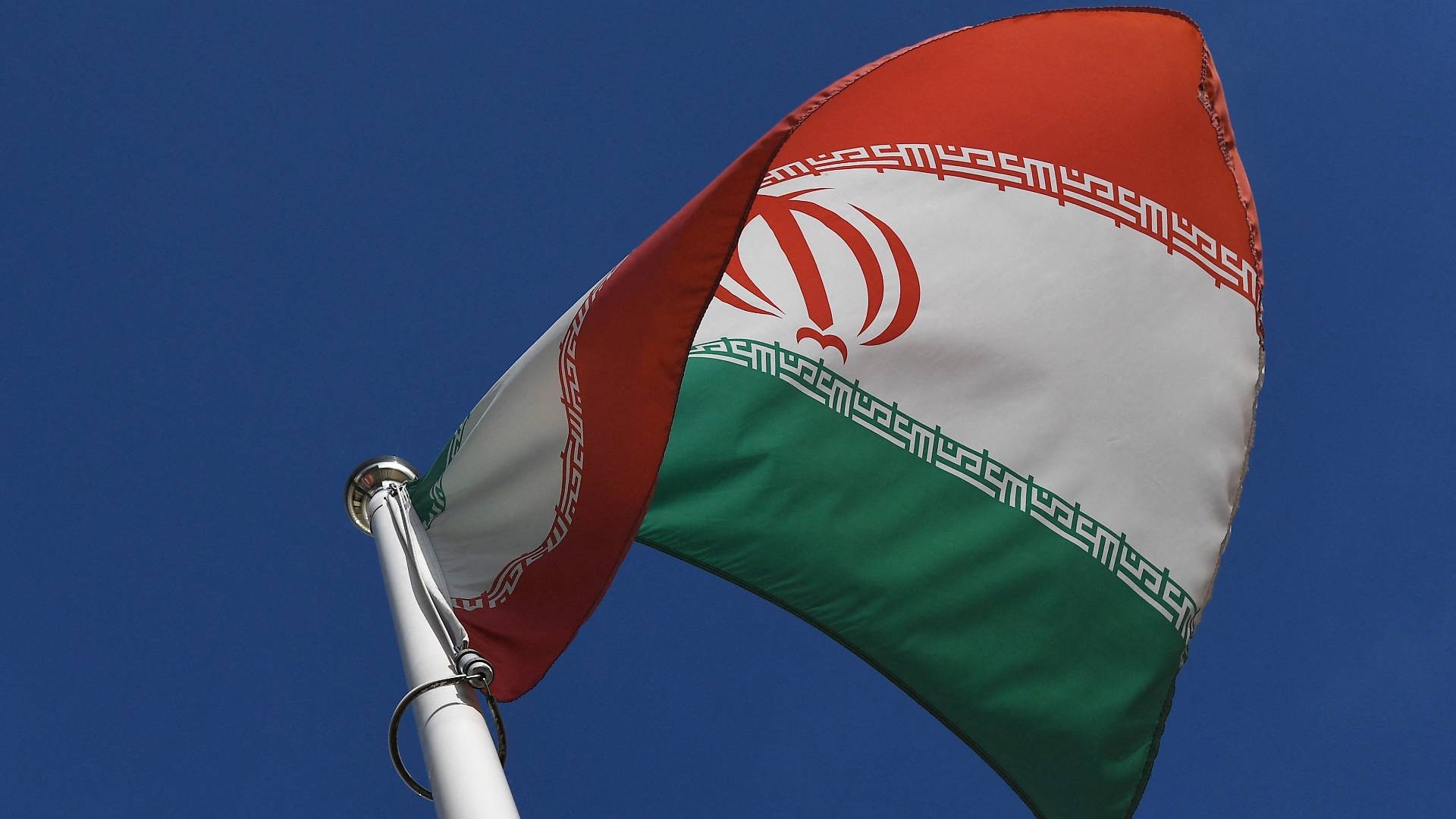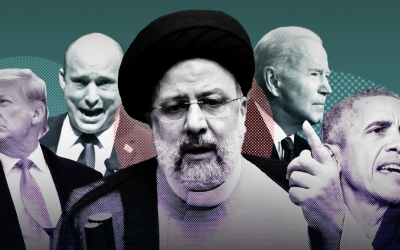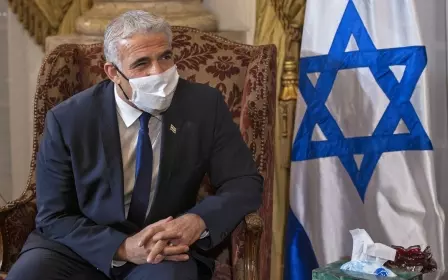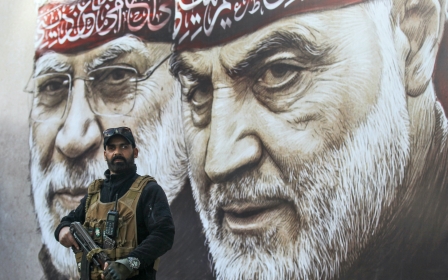Iran rules out prospect of interim nuclear agreement during talks in Vienna

Iran's foreign ministry on Monday ruled out the possibility of settling on an interim nuclear deal, as Tehran continues talks with world powers in Vienna aimed at returning to the 2015 agreement.
"Iran is seeking a sustainable and reliable deal and any agreement that doesn’t meet these requirements won’t be on the agenda," said Saeed Khatibzadeh, foreign ministry spokesperson, as quoted by Bloomberg.
"The US return to the nuclear deal should come with necessary assurances and verifications and a chain of sanctions must be lifted. It can't happen through an interim deal."
On Sunday, Iran's foreign minister said talks with world powers to revive the nuclear accord were approaching a "good agreement", but reaching a deal depends on the other parties - which include the UK; France; Germany; Russia; China; and the US, which is participating in the talks indirectly.
"The initiatives of the Iranian side and the negotiations that have taken place have put us on the right track," Hossein Amir-Abdollahian said.
New MEE newsletter: Jerusalem Dispatch
Sign up to get the latest insights and analysis on Israel-Palestine, alongside Turkey Unpacked and other MEE newsletters
Indirect talks to return to the nuclear accord, known as the Joint Comprehensive Plan of Action (JCPOA), began in April between Iran and the United States and stopped after the election of Ebrahim Raisi as Iran's new hardline president. They then resumed in late November.
In 2018, former US President Donald Trump left the original deal, which offered Iran sanctions relief in exchange for limits on its nuclear programme. Trump also reimposed a wide range of sanctions on Tehran, which after months of compliance began to roll back on its commitments.
Amir-Abdollahian also said that he has seen the US and other world powers "adapt to the realities" of the ongoing negotiations.
"Yesterday, the American side had unacceptable demands, but today we believe that it has adapted to the realities” of the situation, he said on Sunday. "At the end of the day, a good deal is an agreement that satisfies all parties."
French Foreign Minister Jean-Yves Le Drian said on Friday that the talks were on a "rather positive path" but emphasised the need for a speedy conclusion.
According to a poll released on Monday, at least 56 percent of Americans are in support of the 2015 agreement and a plurality, 42 percent, were in favour of lifting sanctions in order to begin negotiations and prevent Iran from obtaining nuclear weapons capabilities.
Israel says not bound by any deal
Meanwhile, Israeli Prime Minister Naftali Bennett said on Monday that Israel would not be bound by any potential nuclear deal made with Iran and would continue to act "with no constraints".
"In regard to the nuclear talks in Vienna, we are definitely concerned... Israel is not a party to the agreements," Bennett said in public remarks, in a briefing to a parliamentary committee.
"Israel is not bound by what will be written in the agreements, if they are signed, and Israel will continue to maintain full freedom of action anywhere any time, with no constraints," he said.
Israeli Foreign Minister Yair Lapid issued a similar statement last month stating that Israel does not need permission to strike Iran.
"Israel will do whatever it needs to do to protect its security. And we don't need anybody’s permission for that. That’s been the case since the first day we established this state,” Lapid told Israel’s Channel 12 on the last day of 2021.
The US and Israel have been at odds with each other on how to approach the issue of Iran's nuclear programme. Despite Bennett's initial pledge to only bring up any disagreements regarding the pact during private conversations, Israel has stepped up warnings that it could act militarily against Tehran's atomic work.
While a growing number of Israeli military officers and security officials have been critical of former prime minister Benjamin Netanyahu's opposition to the 2015 deal, Bennett has similarly gone on to criticise the Biden administration's efforts to revive the deal.
Bennett has previously said that he is not opposed to a "good" nuclear deal between Iran and world powers, but has stressed that Israel is not a party to the deal and would be free to manoeuvre militarily against Iran.
"At the end of the day, of course there can be a good deal," Bennett told Israeli Army Radio. "Is that, at the moment, under the current dynamic, expected to happen? No, because a much harder stance is needed."
Middle East Eye delivers independent and unrivalled coverage and analysis of the Middle East, North Africa and beyond. To learn more about republishing this content and the associated fees, please fill out this form. More about MEE can be found here.






